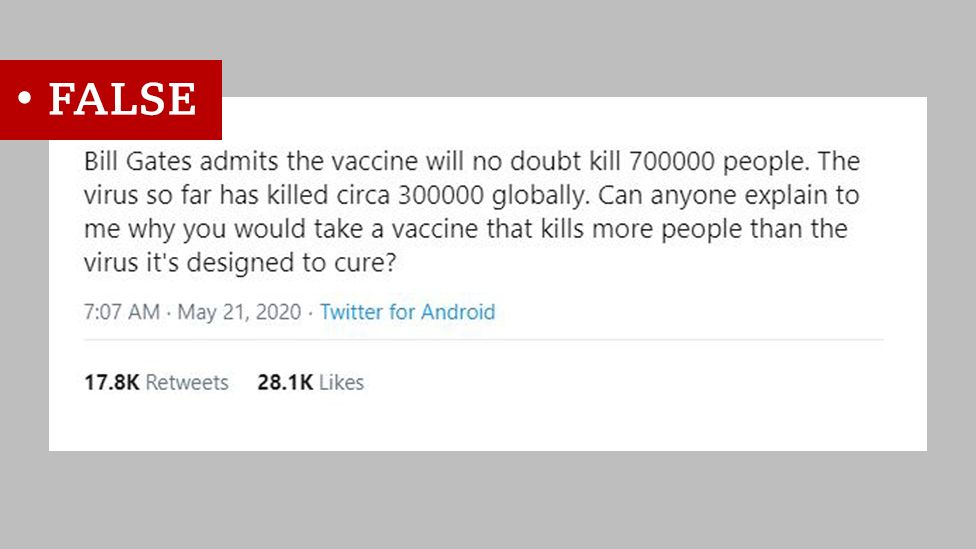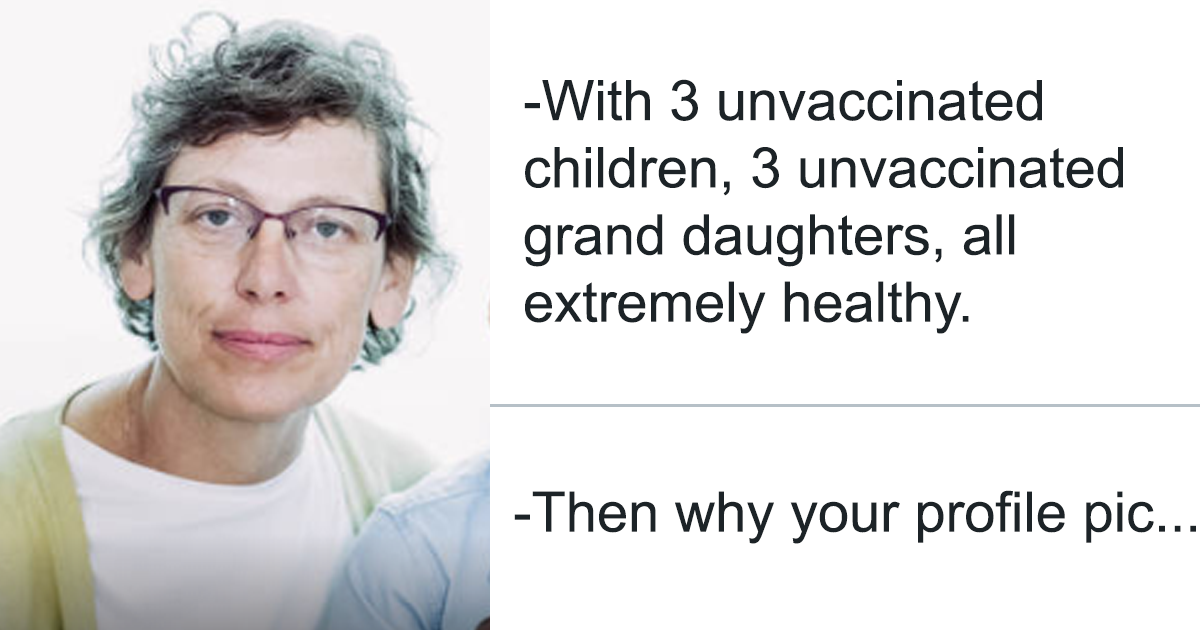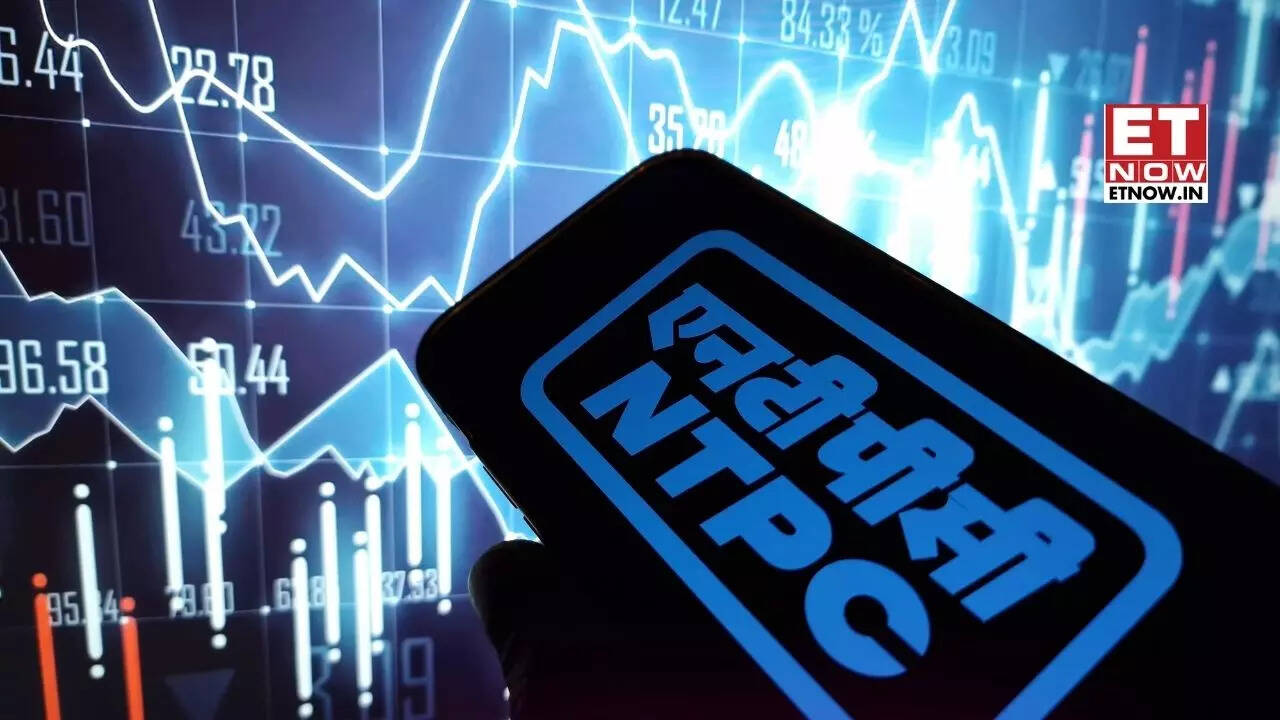Debate Reignited: HHS Selects Anti-Vaccine Advocate To Investigate Autism-Vaccine Claims

Table of Contents
The HHS Appointment and its Immediate Backlash
The HHS's appointment of Dr. [Insert Name of Appointed Individual Here], a vocal critic of vaccine safety and a prominent figure in the anti-vaccine movement, has been met with widespread condemnation. Dr. [Name]'s public statements and writings have consistently questioned the safety and efficacy of vaccines, promoting unsubstantiated claims linking vaccines to autism.
-
Immediate criticism: The appointment has drawn sharp criticism from leading public health officials, including [mention specific names and titles of officials], who have expressed deep concern about the potential for bias in the investigation. The Centers for Disease Control and Prevention (CDC) and the World Health Organization (WHO) have also issued statements expressing their disapproval.
-
Concerns about bias: The scientific community has voiced serious concerns that Dr. [Name]'s pre-existing anti-vaccine views will compromise the objectivity and integrity of the investigation. The fear is that the investigation will be designed to confirm pre-existing biases, rather than to objectively assess the evidence.
-
Impact on public trust: This controversial appointment has the potential to significantly erode public trust in vaccines and in the HHS itself. Many fear that the findings of a biased investigation could further fuel vaccine hesitancy, leading to decreased vaccination rates and increased susceptibility to preventable diseases.
-
Quotes from key figures: "[Insert quote from a prominent critic of the appointment expressing their concern about bias and potential damage to public health]."
Examining the History of the Autism-Vaccine Debate
The claim of a link between the MMR (measles, mumps, rubella) vaccine and autism has been thoroughly debunked by the scientific community. This unfounded claim originated with a now-retracted 1998 study published in The Lancet by Dr. Andrew Wakefield.
-
The Lancet study and its retraction: Wakefield's study, which falsely linked the MMR vaccine to autism, was later found to be fraudulent and was retracted by The Lancet. Wakefield's medical license was revoked, and his research has been widely discredited.
-
Scientific consensus: Despite the retraction and overwhelming evidence to the contrary, the false claim of a link between vaccines and autism persists, fueled by misinformation and anti-vaccine activism. Numerous large-scale studies have found no link between vaccines and autism.
-
Misinformation and anti-vaccine activism: The spread of misinformation online and through social media has played a significant role in perpetuating this debunked claim. Anti-vaccine groups actively promote these false claims, leading to vaccine hesitancy and decreased vaccination rates.
-
Dangers of vaccine hesitancy: Vaccine hesitancy poses a significant threat to public health. Decreased vaccination rates lead to increased outbreaks of preventable diseases, putting vulnerable populations at risk.
Potential Implications of a Biased Investigation
The potential implications of a biased investigation led by an anti-vaccine advocate are significant and far-reaching.
-
Flawed or biased results: A biased investigation risks producing flawed or misleading results, which could be used to justify anti-vaccine narratives. This could further exacerbate vaccine hesitancy and undermine public health efforts.
-
Fueling vaccine hesitancy: The potential for a biased outcome could severely damage public trust in vaccines and health authorities. This would likely increase vaccine hesitancy, making it more difficult to control outbreaks of preventable diseases.
-
Consequences of decreased vaccination rates: Lower vaccination rates can lead to outbreaks of measles, mumps, whooping cough, and other preventable diseases, potentially resulting in serious illness, disability, and even death.
-
Ethical implications: Appointing someone with a clear conflict of interest raises serious ethical concerns regarding the integrity and impartiality of the investigation.
-
Potential legal challenges: The findings of a biased investigation could face legal challenges, potentially delaying or undermining important public health initiatives.
Calls for Transparency and Accountability
The controversy surrounding this appointment underscores the urgent need for transparency and accountability in government-sponsored research.
-
Transparency in the investigation: The HHS should ensure complete transparency in the investigation's methodology, data collection, and analysis to maintain public trust.
-
Independent expert involvement: The involvement of independent, unbiased experts in the investigation process is crucial to ensure scientific rigor and objectivity.
-
Accountability for HHS's decision: There must be accountability for the HHS's decision to appoint an individual with a clear conflict of interest to lead this important investigation.
-
Impact on public health policy: This controversy highlights the need for robust policies and safeguards to prevent similar situations from arising in the future, protecting public health from misinformation and politically motivated decisions.
-
Potential remedies: Establishing clear guidelines for selecting investigators, implementing stringent conflict-of-interest protocols, and prioritizing the use of evidence-based science in policymaking are crucial steps.
Conclusion
The HHS's decision to appoint an anti-vaccine advocate to investigate the link between vaccines and autism is a deeply troubling development that has rightly sparked widespread outrage. The potential for bias, the risk to public health, and the erosion of trust in public institutions are all significant concerns that demand immediate attention. The lack of transparency and the potential for flawed research threaten to further complicate the already challenging task of maintaining high vaccination rates. It is crucial that policymakers, healthcare professionals, and the public remain vigilant and demand transparency and accountability in this process. We must continue to fight misinformation and promote accurate information about vaccine safety to protect public health. Demand a fair and unbiased investigation into the autism-vaccine claims and reject the spread of misinformation that jeopardizes our collective health. Let your voice be heard regarding this critical issue surrounding the debate on the HHS's selection of anti-vaccine advocates to investigate autism-vaccine claims.

Featured Posts
-
 Ariana Grandes Transformation Professional Expertise In Hair And Tattoo Art
Apr 27, 2025
Ariana Grandes Transformation Professional Expertise In Hair And Tattoo Art
Apr 27, 2025 -
 Governments Choice Of Anti Vaxxer For Autism Research Sparks Outrage
Apr 27, 2025
Governments Choice Of Anti Vaxxer For Autism Research Sparks Outrage
Apr 27, 2025 -
 Power Finance Corporations Fy 25 Dividend Anticipated Announcement On March 12th
Apr 27, 2025
Power Finance Corporations Fy 25 Dividend Anticipated Announcement On March 12th
Apr 27, 2025 -
 A Fifth Champions League Spot The Premier Leagues Future
Apr 27, 2025
A Fifth Champions League Spot The Premier Leagues Future
Apr 27, 2025 -
 Us Open Svitolina Defeats Kalinskaya In Straight Sets
Apr 27, 2025
Us Open Svitolina Defeats Kalinskaya In Straight Sets
Apr 27, 2025
Latest Posts
-
 Professional Hair And Tattoo Transformations Ariana Grandes Stunning New Look
Apr 27, 2025
Professional Hair And Tattoo Transformations Ariana Grandes Stunning New Look
Apr 27, 2025 -
 Ariana Grandes Tattoo Collection A Look At The Professional Artists And Designs
Apr 27, 2025
Ariana Grandes Tattoo Collection A Look At The Professional Artists And Designs
Apr 27, 2025 -
 Ariana Grandes Drastic Hair Transformation Exploring The Professional Help Behind The Look
Apr 27, 2025
Ariana Grandes Drastic Hair Transformation Exploring The Professional Help Behind The Look
Apr 27, 2025 -
 Ariana Grandes New Hair And Tattoos Professional Styling And Artistry
Apr 27, 2025
Ariana Grandes New Hair And Tattoos Professional Styling And Artistry
Apr 27, 2025 -
 Professional Hair And Tattoo Artists Inspired By Ariana Grandes New Look
Apr 27, 2025
Professional Hair And Tattoo Artists Inspired By Ariana Grandes New Look
Apr 27, 2025
